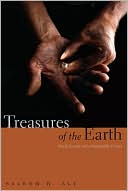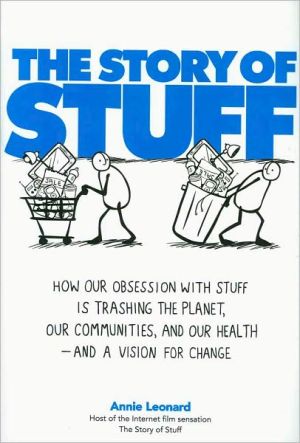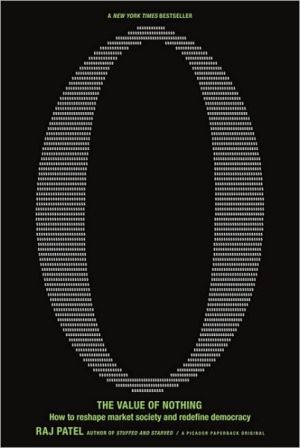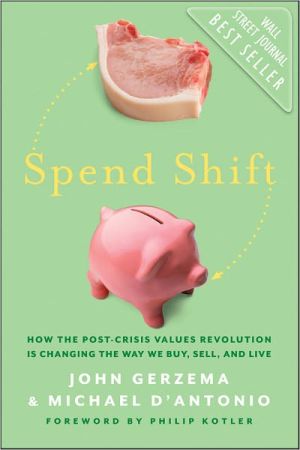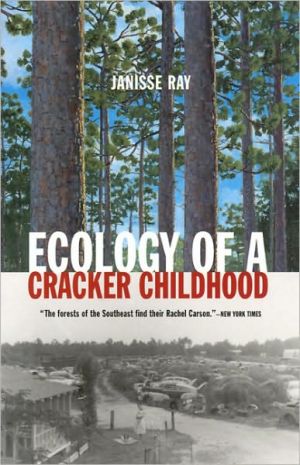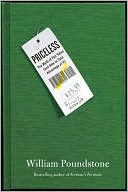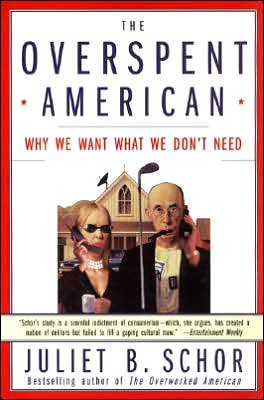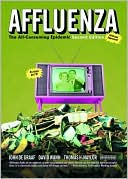Treasures of the Earth: Need, Greed, and a Sustainable Future
Search in google:
Would the world be a better place if human societies were somehow able to curb their desires for material goods? Saleem Ali's pioneering book links human wants and needs by providing a natural history of consumption and materialism with scientific detail and humanistic nuance. It argues that simply disavowing consumption of materials is not likely to help in planning for a resource-scarce future, given global inequality, development imperatives, and our goals for a democratic global society. Rather than suppress the creativity and desire to discover that is often embedded in the exploration and production of material goods—which he calls “the treasure impulse”—Ali proposes a new environmental paradigm, one that accepts our need to consume “treasure” for cultural and developmental reasons, but warns of our concomitant need to conserve. In evaluating the impact of treasure consumption on resource-rich countries, he argues that there is a way to consume responsibly and alleviate global poverty. Publishers Weekly Ali, an associate environmental studies professor at the University of Vermont, examines humanity's “treasure impulse”—our drive to collect items of value—and chronicles the destruction that our appetite for gold, iron ore, diamonds and oil has wrought upon the earth. With a historical tour of the treasure impulse from the Bronze Age to conceptual art dealing, the book comes to an admirably pragmatic thesis—namely that consumption cannot be reasonably curbed, but can be altered significantly to propel development while becoming more environmentally responsible. Novel and potentially effective proposals are made (such as a campaign—along the lines of nutrition labels found on food—that would make consumers aware of the environmental impact of various products), but not explored to a satisfactory degree. Much of the material should be of wide interest, but it is hampered by dry language and meandering arguments. And despite its wide-ranging cultural references and explanations of such basics as the periodic table, the book is not always friendly to lay readers, occasionally resorting to abstruse academic jargon. (Nov.)
